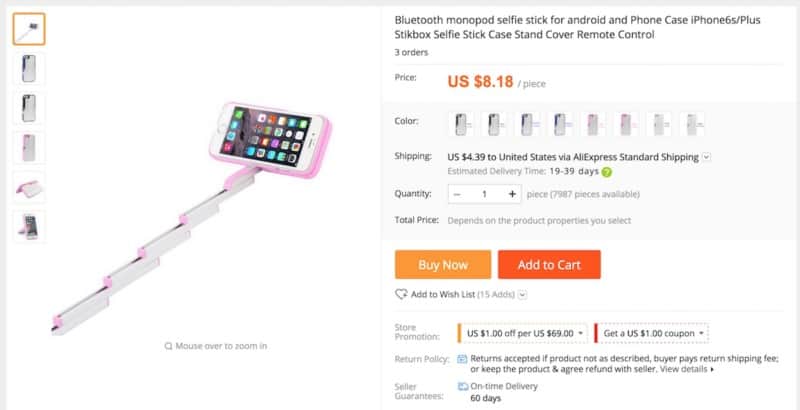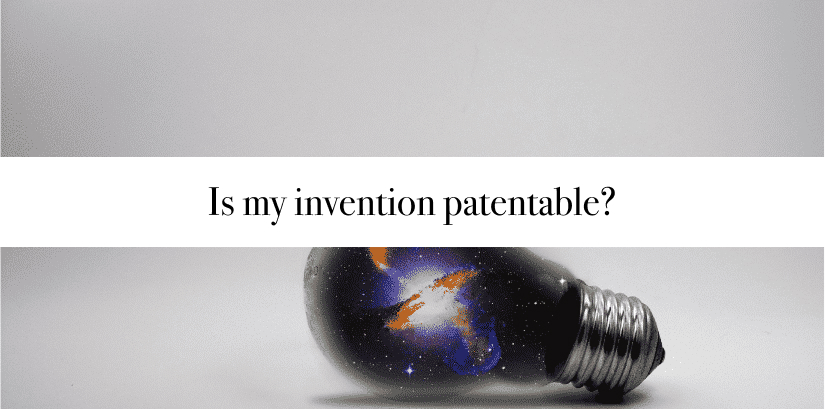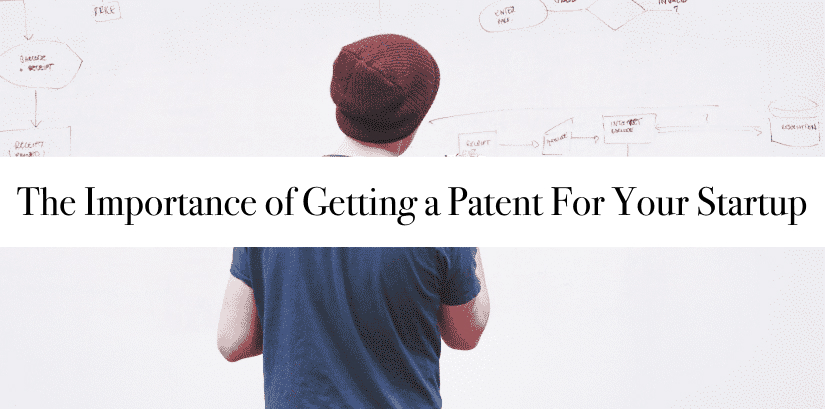Originally posted on December 5, 2017 @ 7:37 am
Each aspiring inventor or future business tycoon experiences a **wow moment** in their journey when, suddenly, bam! **The idea** strikes them. That groundbreaking concept that has the potential to revolutionize the world and solve long-standing issues!
So you have the idea, and you think it’s never been done before. In fact it’s so good, you’re probably thinking it’d be a brilliant idea to just monetize the thing and start a company so you can connect people with your brilliant idea.
Your idea might be this good:

But as the story of this iPhone case with a built in selfie stick demonstrates there are competitors out there who can also move quick.
Indeed the very factories you might want to produce your products could be hot on your heels.

In the hyper competitive world of today the last thing that you want to worry about is wasting valuable time and resources hunting down a patent to protect yourself domestically and internationally.
Before you get too far into dreaming, ask yourself, is my invention patentable?
What Determines Whether an Invention Can Get a Patent?
First things first, let us understand what is an invention and a patent. An invention is the creation of something new, unique that has not been done before. A specific answers to a problem that has never been done before. On a non-theoretical level a patent is the legal right granted to its creator for an invention to manufacture, use, or sell for a certain number of years not less than 20 depending on which state the patent is issued in. There are obviously more nuanced than that, but this is generally a good basic understanding of patents. You can learn more about the different types of patents here.
Patents are given to stop other individuals or companies from the commercial creation, use, import or distribution of a licensed invention without prior permission. The big picture goal with a patent is that the government can issue a short term monopoly on a product so that a company (or you) can generate enough revenue from it to have been worth making the investment.
Procedures for granting patents, exclusive rights extend and patentee requirements vary between countries and according to state rules and international agreements. Any patent application must include claims that give a reasonable definition of the idea or invention, and how a practitioner in the field could reproduce it. Each claim defines a particular claim right and must satisfy appropriate patentability requirements which include novelty, usefulness, and important of all, non-obviousness. Patents can get complicated so it is important to have a patent attorney, as well as understand what a patent attorney does when filing a patent.
What is Patentable? 6 Questions to Ask Yourself
So far you probably answered the question “Can I patent my invention?” and it is a “YES”. But here are a few things to consider or rather think about before you patent.
1) Do You Actually Have the Rights to Patent The Invention?
Is it your own invention that you are patenting? Patents are appealed for in the actual name of the originator. Being able to contribute a larger amount of finances to a product does not qualify you to own the patent. In addition, an employer may result in owning a patent issued in the name of the inventor if the inventor’s employment contract comprises of a pre-assignment clause or the patent was developed as a component of the inventor’s job. In most cases, the employer can hold contractual advantages to the invention or idea which in any case the inventor attempts to license or sell or make use of the invention without employer’s consent, a breach of contract action is undertaken against the inventor. It’s generally a good rule to thumb to assume that if you come up with an idea on the job, company time, or using company resources that you are probably precluded somehow from filing a patent.
2) Is the Idea Useful?
Is the idea being patented useful? An invention passes this criterion if it is competent of use and provides some benefit. This is unlike a copyright or trademark. Patents grant security to actual ideas or inventions while a copyright protects the interpretation of an invention and is mainly used in creative works e.g. movies, software, and books among others.
3) Is the Idea Obvious?
Is your idea obvious? This suggests that the invention in question cannot be something the public know about. The test is whether your invention is easily knowable to people with skill in the art in which the patent is intended. To get a bit silly, you can’t just patent something like forks that everyone already uses and understands. Courts will mainly study the scope and content of your invention in comparison to that in that industry and difference of the alleged originality and what is already in the industry or any other evidence to suggest your idea is not public.
4) Is your idea a novel?
To qualify for a patent, an invention or idea is required to be a novel, that is, your invention should not have been made public before the date of the application not even by yourself. If the invention is made public, made available to the people or disclosed in the prior patent application, then the patenting is denied. Know whether your idea is patented by doing deep research, browsing articles and libraries make sure it’s an original invention.
5) Does your Invention Fall Into a Categories that are Precluded from Patents?
Not all inventions qualify for a patent and thus laws of nature, abstract ideas, physical phenomena such as lightning, and non-useful objects are not patented, Patents are granted for processes such as business processes, machine software or implementing methods, a machine which can execute a function, new composition e.g., make-up, pharmaceuticals and artificial creations, and article of manufacture, that is, a machine or an object to do a job.
A good idea or invention will remain the world’s best secret till it is brought out to the world for everyone to use and buy. If your idea or invention is really good, then get a provisional patent for it Filing a provisional patent application that well and fully describes the invention establishes priority. For Example in the U.S., the first patentee to file is awarded the patent. The application allows you to say “patent pending” granting a win of the race.
6) Most Importantly Has It Been Done?
Before applying for a patent, make sure you do a patent search known as “Search for Prior Art”. I’ve compiled a complete guide with two strategies that inventors should use to quickly search for a patent, or a pre-existing business. Ideally you’re casting as wide a net as possible since there can be businesses operating on your idea without your knowledge, or patents that have been granted with no public presence or business (no matter how good you think the idea is).
Key mistakes made include not recording your process, not doing research correctly, not having a working prototype, or hiring professionals that hijack your work.
Other Considerations Before Proceeding
An idea is not useful without at least a prototype or a real-world example to showcase your idea or invention. A prototype is a 3D version of your discovery. This gives you the opportunity to tap into your creativity. It is exciting to see your idea turn real and tangible. A prototype depends on your idea, your budget and finally your goals. Its advantages include enabling you to test and refine the functionality of tour idea, help you describe your product more effectively and finally help others take you seriously with a level of professionalism.
Starting a new business is a tough proposition, but it’s important to keep in mind that with proper preparation, and the foresight to avoid mistakes you can significantly improve your chances of success.






